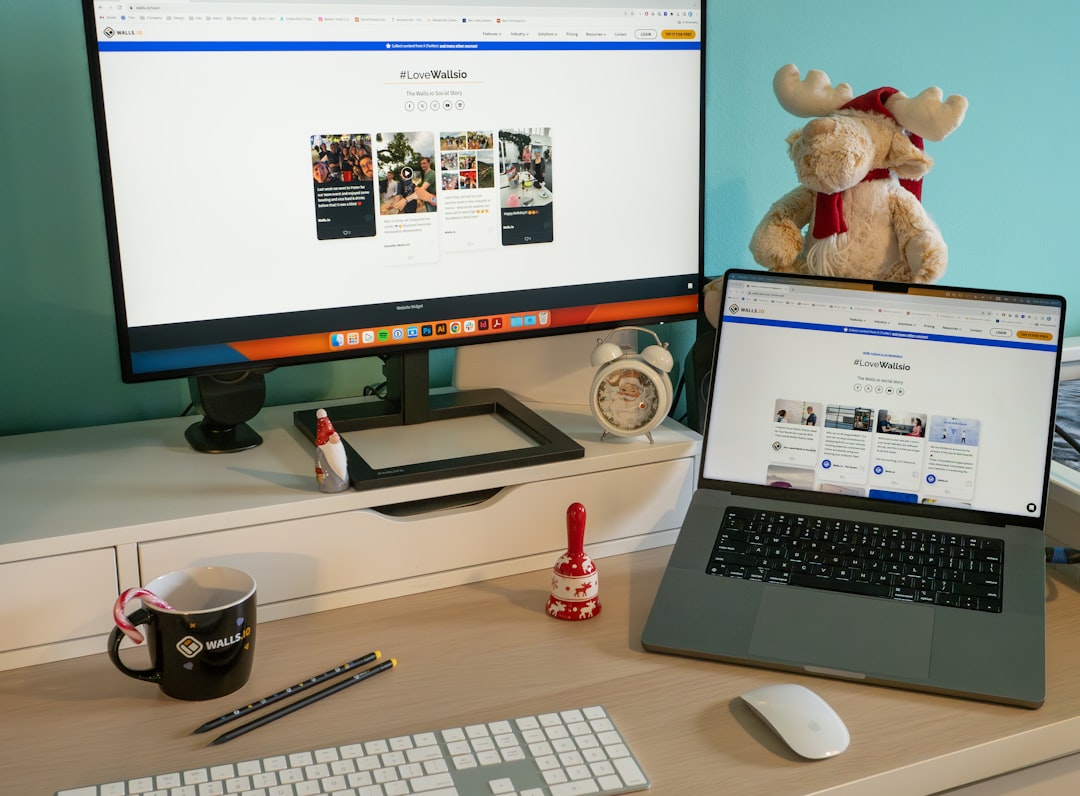Finding a new job can feel daunting, whether you’re looking for a change, aiming to grow in your career, or needing a fresh start. The job search process has evolved significantly in recent years, with technology, networking, and self-branding playing increasingly important roles. To help you get started in the most effective and confident way, we’ve put together a step-by-step guide to make your job hunt structured, purposeful, and less overwhelming.
1. Self-Assessment: Know What You Want
Before you begin applying for jobs, take time to reflect on your current situation and what you want out of your next role. Ask yourself questions like:
- What kind of work energizes me?
- What values or mission do I want my employer to support?
- What salary, benefits, and flexibility do I need?
Understanding your goals will help you target jobs that align with your strengths and lifestyle. This is also the time to consider upskilling or pivoting industries if you’re interested in a new direction.
2. Update Your Resume and LinkedIn
Your resume is your main marketing document. Ensure it highlights your most recent accomplishments, uses metrics when possible, and is tailored to the roles you’re aiming for. Don’t forget these resume tips:
- Customize your resume for each job by using keywords from the job description.
- Keep your formatting clean and easy to read.
- Include a short summary section with your top skills and goals.
LinkedIn is equally important. Recruiters use it daily, so make sure your profile is polished. Add a professional photo, strong headline, and a compelling “About” section.

3. Tap into Your Network
Experts estimate that up to 70% of jobs are found through networking. Start by reaching out to former colleagues, classmates, mentors, and even friends to let them know you’re seeking new opportunities. Don’t be afraid to:
- Request informational interviews
- Join industry-specific groups on LinkedIn or local meetups
- Attend job fairs, conferences, or webinars
People can’t help you if they don’t know you’re looking. A concise message outlining your background and the type of roles you’re seeking can help others support your search.
4. Start Applying Strategically
Rather than applying to dozens of jobs at random, focus on positions where your skills and experience match well. Quality matters more than quantity. Make sure to:
- Read job descriptions carefully and tailor your resume and cover letter.
- Keep track of your applications using a spreadsheet or tool.
- Set daily or weekly application goals that are manageable.
Job boards like Indeed, Glassdoor, and LinkedIn are great for finding openings, but don’t forget to check individual company websites and niche job portals in your industry.
5. Prepare for Interviews in Advance
Getting an interview is exciting, but preparation is key. Before your first call, practice answers to common questions, such as:
- “Tell me about yourself”
- “What are your strengths and weaknesses?”
- “Why do you want to work here?”
Also research the company thoroughly. Understand their mission, values, recent news, and competitors. This shows that you care and are genuinely interested in joining their team.

6. Stay Positive and Persistent
The job search can be a roller coaster. You might get ghosted after an interview or not hear back on an application. That’s normal. Stay focused and try not to take rejection personally. Instead:
- Use feedback as constructive input
- Celebrate small wins, like getting a phone screen or referral
- Keep honing your resume and interview skills
It might take time, but consistent effort and a positive attitude will pay off.
Final Thoughts
Looking for a new job doesn’t have to be stressful—it can be an empowering opportunity to redefine your career path. By knowing what you want, keeping your materials up to date, leveraging your network, and staying persistent, you’ll be well on your way to landing a role that feels like the right fit for you.
Remember, the job hunt is a journey, not a race. Take breaks, maintain balance, and trust the process.
